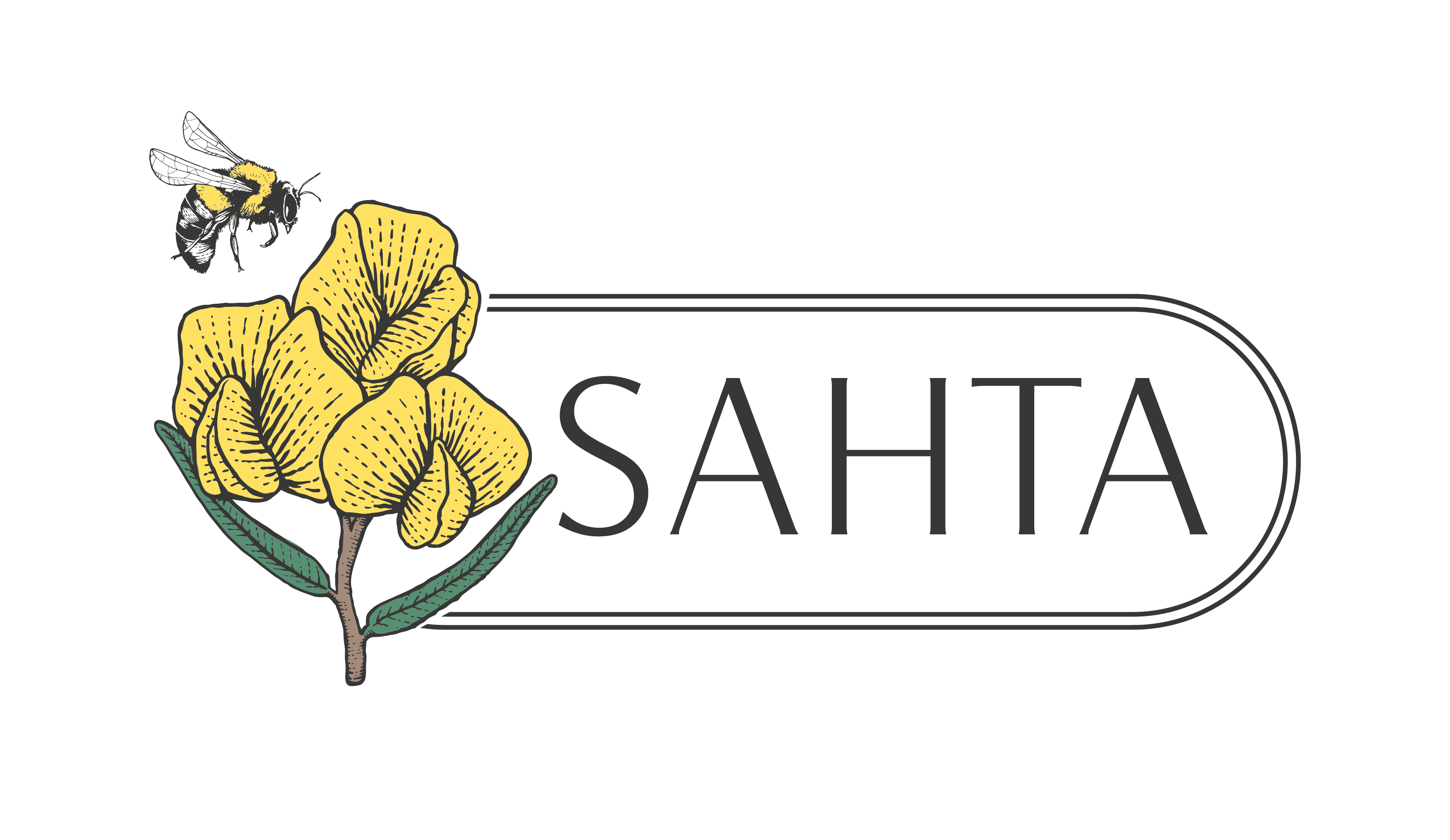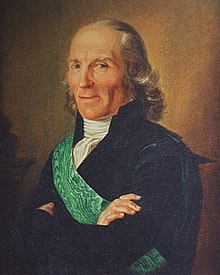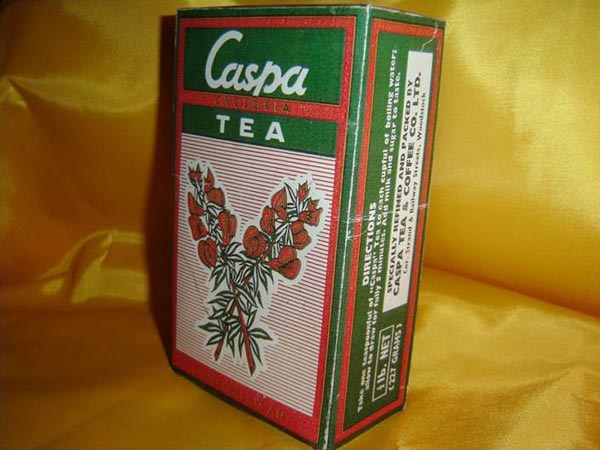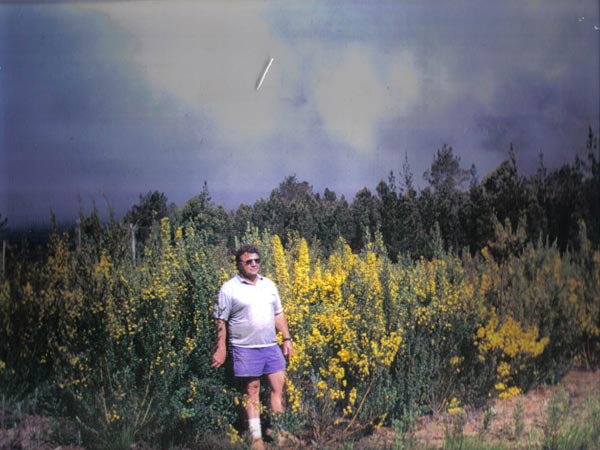Honeybush History
The history of honeybush tea traces back to 1705 when it was first documented, although of honeybush likely predates this record. In 1772, the Swedish botanist Thumberg recorded his ‘discovery’ honigtee (honey tea) during a Cape field trip. By 1830, early colonists in the Cape were already harnessing the restorative properties of honeybush tea. The first scientific confirmation of the caffeine-free nature was in 1881, marking the inception of scientific research in honeybush.
During the 1930s, honeybush tea was actively harvested in the Kouga area, initially fetching less than 2 cents per kg. However, during the 1940s, amid wartime demand, the price surged to an impressive 5 cents per kg. (Hannes de Lange).
In 1992, scientists at Kirstenbosch National Botanical Garden initiated research into honeybush propagation and cultivation. The Infruitec-Nietvoorbij Research Institute of the Agricultural Research Council (ARC) in Stellenbosch launched extensive research on honeybush, focusing on farming practices and quality. This remains a key focus in the industry today.
Oldest honeybush tea packaging – Caspa Tea – 1960s
First commercial honeybush harvest came from Tius van Rooyen, Waboomskraal, near George, 1996
Recent events
Commercial honeybush plantation harvesting commenced in 1996, accompanied by the development of standardised processing methods at the ARC and Stellenbosch University. In 1998, small-scale and emerging farmers joined the effort. The same year witnessed the production of the first organic honeybush, and ARC researchers pioneered the creation of green honeybush tea.
Collaborations with scientists at the University of the Free State and the Medical Research Council led to investigations into honeybush’s composition and its potential cancer-fighting properties. Notable research milestones included:
- Studies on phytoestrogen activity (2003, Stellenbosch University)
- Demonstrating its protective role against skin cancer (2005, Medical Research Council)
- Bioavailability studies (2006, ARC & MRC)
The official honeybush industry took shape in 1999 with the establishment of the South African Honeybush Producers Association (SAHPA), later renamed the South African Honeybush Tea Association (SAHTA). Export regulations were formalised in 2000.



